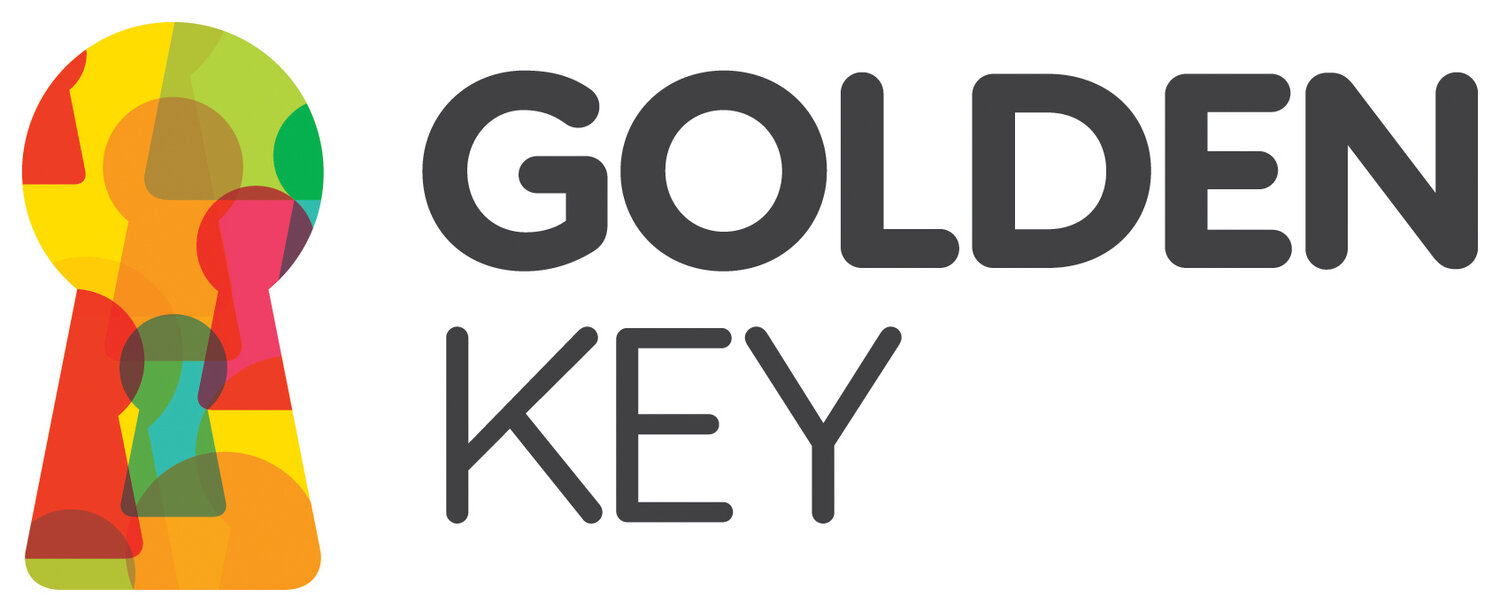SJ's COVID-19 diary: Relapse and recovery
One of our clients is keeping a diary during the COVID-19 pandemic. In this latest entry, he tells us more about the recovery process following a relapse.
We seem to be in a national Covid relapse. We were told to expect it, warned of it and as winter approached, we knew it would be difficult to maintain the decline in cases. Does this make it easier to accept the situation? With some across the country facing stricter local lockdowns, I’m not sure it does. Did it make us better prepared? I am not convinced. But I’m not in government or in a position within public health, so I haven’t seen what preparation has been taking place behind the scenes. Why am I dwelling on it? Well, I see some parallels with my own relapse.
There are some early warning signs, but sometimes they are only hours before a crisis hits. My relapse was two-fold. I relapsed with my drinking after nearly five months sober (this is the longest period I’ve ever managed). What came first? The relapse in my drinking or my mental health crisis? I wish I knew, but they are so entwined together. I drink when my mental health is at rock bottom. And when my mental health is struggling, the drinking makes it more vulnerable to cracks and crises. Did I expect it? To some degree I did; recovery is a long road, with big holes that sometimes you don’t avoid and you walk straight into.
Sometimes, as you increase your toolkit and techniques you manage to see them coming and walk around them or perhaps you fall into them for a shorter period of time. Does it make it easier to accept the situation? No, just like the Covid example, it doesn’t. Having chronic mental health problems and addiction issues is extremely hard, and to pretend otherwise would be a lie. However, just like there are different ways of dealing with the second Covid wave (as the different response across Wales, Scotland, Ireland, and England has shown us), there are different ways of dealing with relapse. With an addiction relapse you can choose to hang onto guilt, shame, self-loathing and believe that your recovery is doomed to fail. Inevitably, I felt that for the first few days, but with support from addiction workers I realised that all my prior work wasn’t lost and if anything, I could use this to strengthen my resolve. I’m not proud of having relapsed but I am proud of how I dealt with it. My mental health crisis didn’t mean I had to go into hospital, the police weren’t called to my house, I wasn’t sectioned… it was incredibly difficult but I got through it.
Perhaps that’s where we are at as a nation; it’s incredibly difficult but we are having to just get through it. We can only take responsibility for ourselves. I can make sure I’m following the guidelines but I have little control over anyone else. Services are doing a great job of carrying on despite the chaos, with appropriate measures of course. I honestly don’t know how I would cope now if suddenly, after they only just re-started, they all stopped again. I really hope it doesn’t reach that point, and we can work together on a collective recovery.
